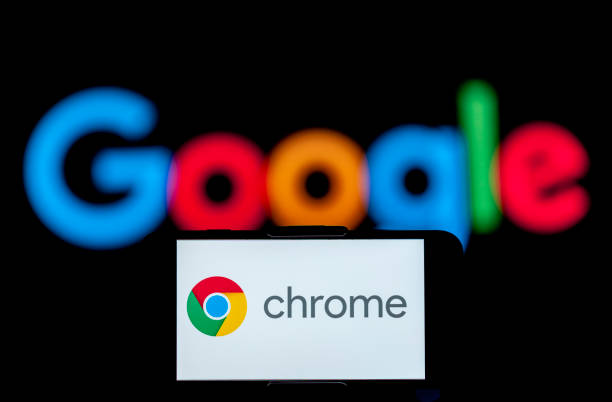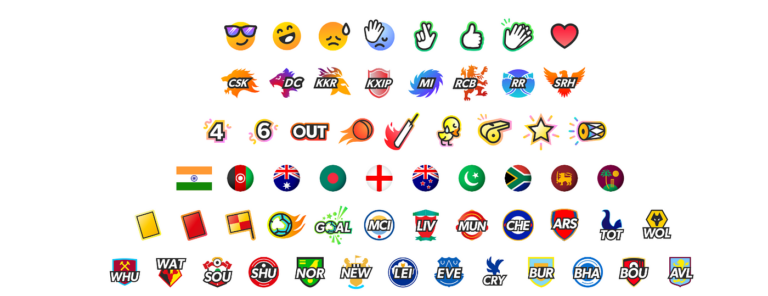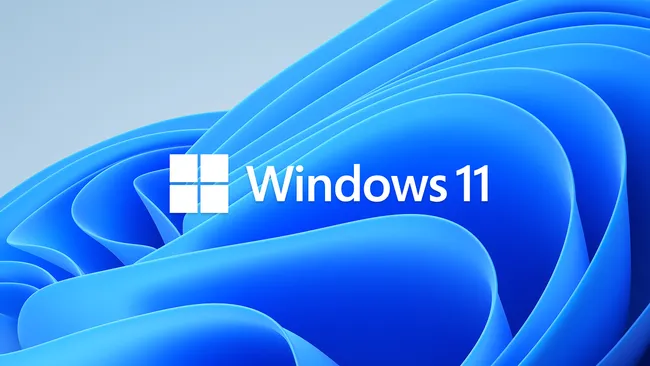Ping Browser Controversy Clouds Indian Web Browser Development Challenge Victory
India’s ambition to forge a self-reliant digital future took center stage with the Indian Web Browser Development Challenge, a government-backed effort to craft an indigenous browser. On March 20, 2025, winners were unveiled, showcasing innovation under the Atmanirbhar Bharat banner. Yet, days later, a storm of controversy erupted over Ping Browser, a first runner-up, accused of passing off a rebranded Brave Browser as its own, threatening the initiative’s credibility.
What Was the Challenge?
Organized by the Ministry of Electronics and Information Technology (MeitY), the Indian Web Browser Development Challenge invited developers to build a browser suited to India’s unique digital landscape. Requirements included cross-platform support (Windows, iOS, Android), Indian language compatibility, and integration with the CCA India Root Certificate for security. Spanning three phases Ideation, Prototype, and Productization the competition drew 434 teams, judged by a panel of experts. The goal was to reduce reliance on foreign browsers and elevate Indian tech prowess.
The Winners of March 20, 2025
Announced by Union IT Minister Ashwini Vaishnaw, the results celebrated three teams:
Winner: Zoho Corporation’s Ulaa – Took home INR 1 crore for a privacy-focused browser with robust – security features.
First Runner-Up: Team PING’s Ping Browser – Awarded INR 75 lakh for its submission, touted as a tailored solution for Indian users.
Second Runner-Up: Team Ajna – Received INR 50 lakh for its creative design.
Vaishnaw praised the winners as pioneers of India’s digital independence, but the spotlight quickly shifted to Team PING.
The Controversy Breaks
Within hours of the announcement, allegations surfaced that Ping Browser was a near-identical copy of Brave Browser, an open-source, privacy-centric browser built on Chromium. Developers and tech enthusiasts on platforms like X and Reddit pointed to damning evidence: Ping Browser’s GitHub repository mirrored Brave’s codebase, with sparse modifications like a PDF signer and UI adjustments. Screenshots shared on Reddit’s r/developersIndia revealed commits syncing with Brave’s updates, and the installer allegedly retained “brave.exe” references suggesting a hasty rebranding rather than genuine innovation.
The challenge allowed open-source foundations (Brave’s code falls under the Mozilla Public License), but entrants were expected to contribute significant original work. Critics argue Team PING misrepresented their effort, pocketing INR 75 lakh meant for authentic innovation. Posts on X called it a “copy-paste scam,” while Reddit threads dubbed it the “biggest tech scam of 2025,” igniting public fury.
Why It’s a Big Deal
This isn’t just about one team it’s about the challenge’s core mission. Designed to spotlight Indian ingenuity, the event’s integrity is now in question. Public funds fueling the prize amplify the stakes, with many decrying a betrayal of trust. If proven, the incident could dent confidence in India’s tech initiatives, especially as it strives for global recognition.
Latest Update: MeitY Responds
As of March 24, 2025, the controversy has escalated. A Reddit post on r/developersIndia titled “Update: Biggest Tech Scam of 2025” reports that MeitY has initiated an “initial inquiry” into Ping Browser’s submission following the uproar. While no official statement confirms this, the update suggests authorities are probing the plagiarism claims. Rumors of prize revocation swirl, though nothing is finalized. Community reactions vary some demand Team PING’s disqualification, while others note that forking isn’t illegal, just deceptive if pitched as original. The silence from Team PING and MeitY’s reticence fuel ongoing speculation.
A Test for Indian Tech
The Ping Browser debacle, unfolding days after the March 20, 2025, announcement, casts a long shadow over a promising initiative. Zoho’s Ulaa shines as a success story, but Team PING’s alleged shortcut risks tainting the narrative. As MeitY investigates, the tech community watches closely. India’s drive for digital self-reliance demands not just skill, but integrity distinguishing true innovation from clever imitation will define this challenge’s legacy. For now, Ping Browser’s victory hangs in the balance, a cautionary tale in the making.





